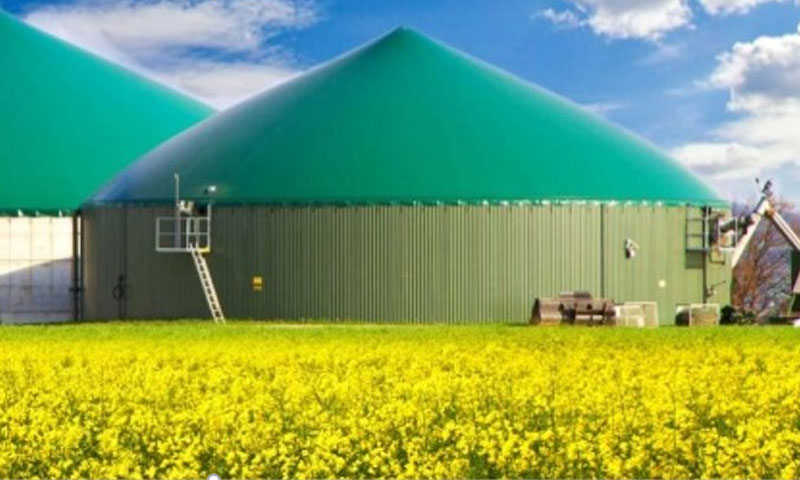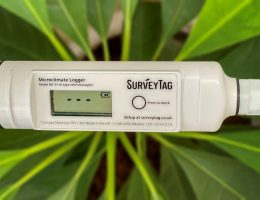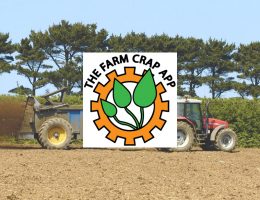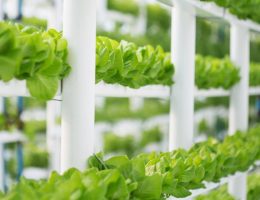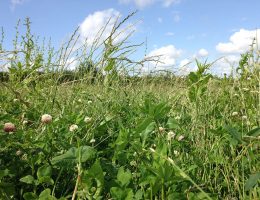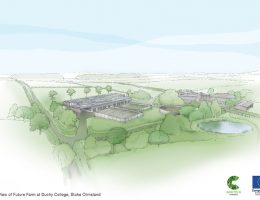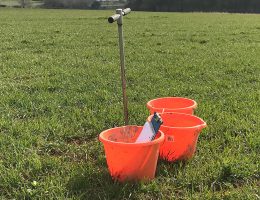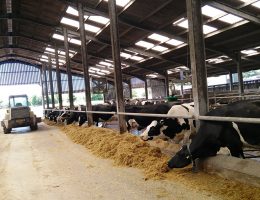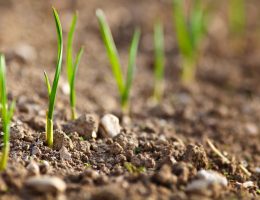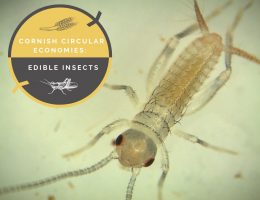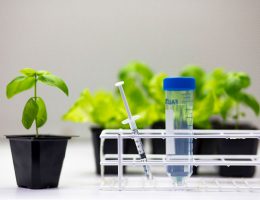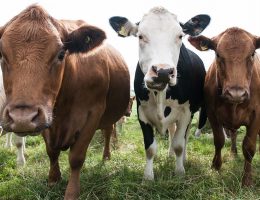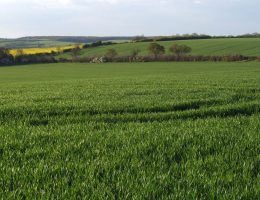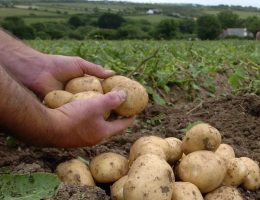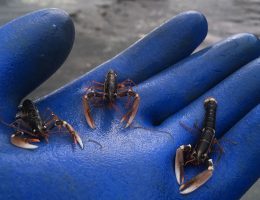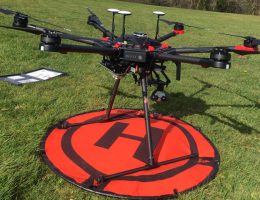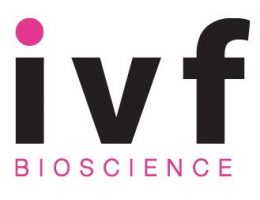Biogas produced by Anaerobic Digestion (AD) is an increasingly important renewable energy in Cornwall and beyond. This project was designed to help ensure that biogas is produced in the most stable and predictable ways, taking into account all the variations in the feed which goes in to the AD reactors.
Its aim was to build up a detailed picture of the various microbes in a wide range of industrial AD digesters and, having done so, to learn about the impact of what goes in on what comes out. The more detailed the picture that’s built, the likelier it is – once the project’s findings are communicated – that the industry will be able to improve its day-to-day control of the process.
The nature of AD means that digesters play an important part in their local communities. Because they take in (e.g.) manure, sewage, food and organic waste, in varying combinations, they’re an important part of any local economy aspiring to be more circular.
This project was also keen to look at AD’s less obvious benefits to local communities, by testing the capacity of AD plants to reduce the load of antibiotic-resistant genes and pathogens on the environment.
A workshop was attended by representatives of five AD businesses and dealt with the microbiology of AD and its role within the circular economy framework. Experiments arising from these meetings yielded findings which were presented locally, nationally and internationally, although their main results – and two publications based on them – have been delayed by a slow turnover of sequencing data.
The project saw the forging of valuable, long-lasting relationships, and has cemented links between science and industry. Businesses thirsty for innovation often look to academics for inspiration, just as academics need to see what happens to their laboratory-size ideas in life-size AD fermenters; this project has both formalised this reciprocity and established partnerships which will be sustainable well into the future.
All of which means a local hub for AD-related expertise has been another key outcome of the project, along with a mutual trust and confidence between industry and science which means the promise of more funding and further important research.
To find out more please email Alex Huke at a.r.huke@exeter.ac.uk or call us on 01326 255844.

